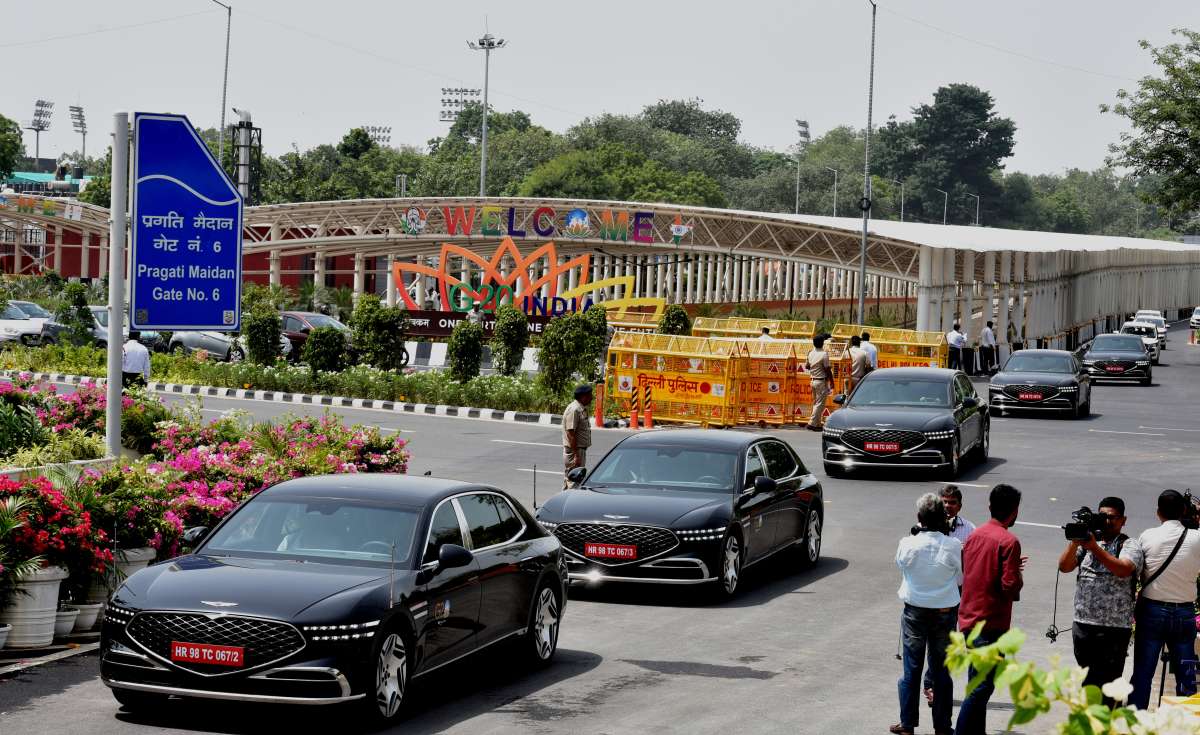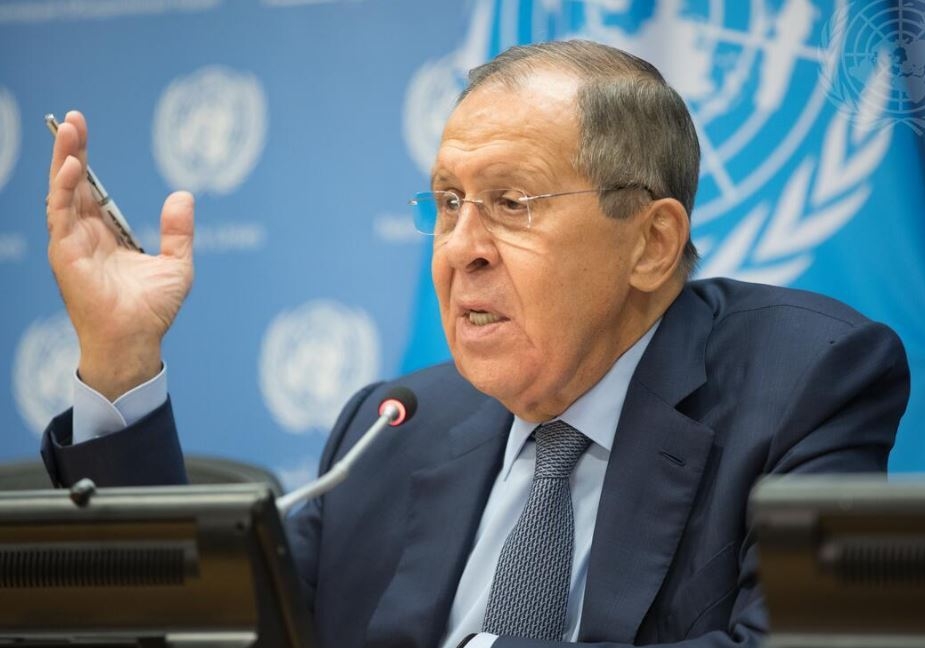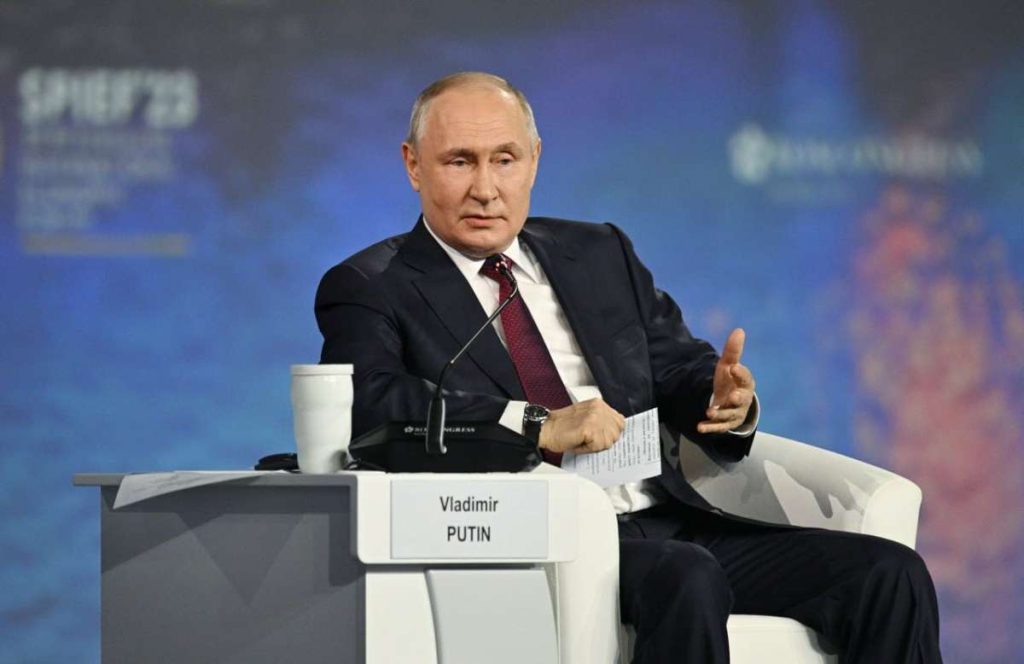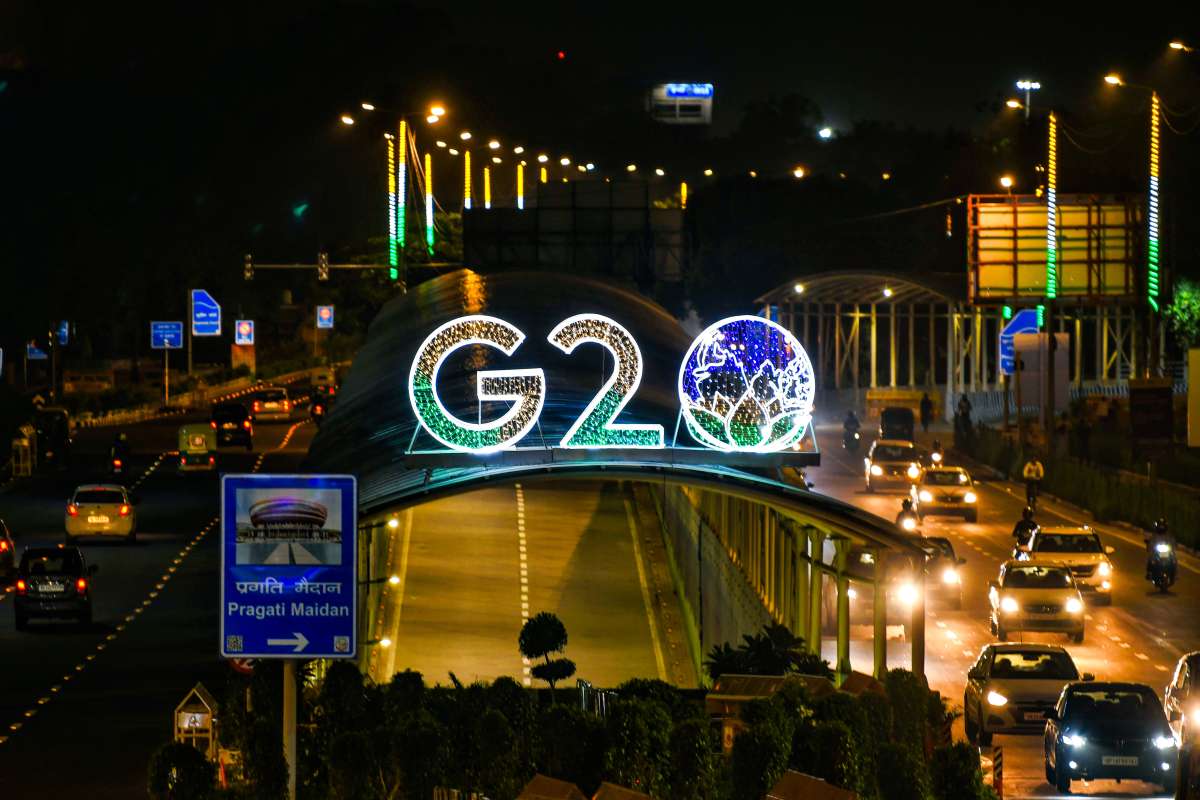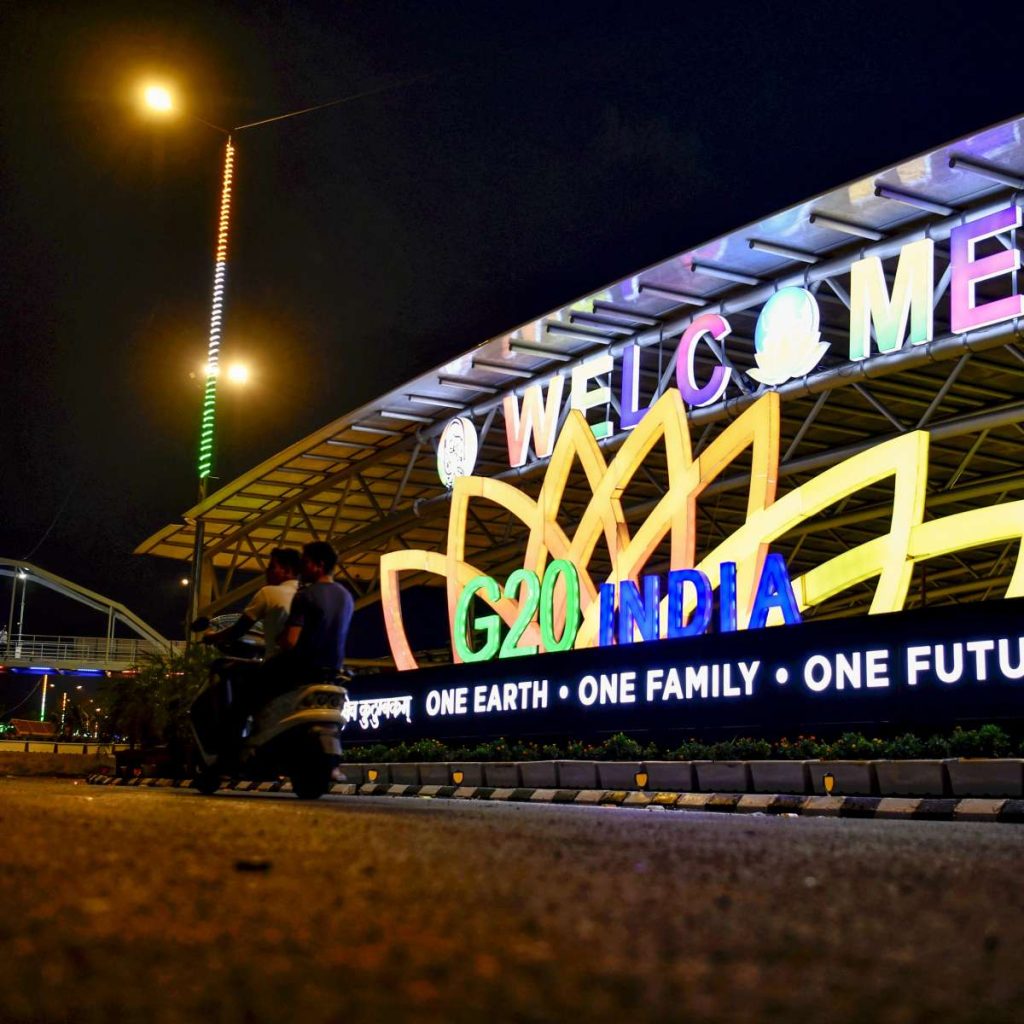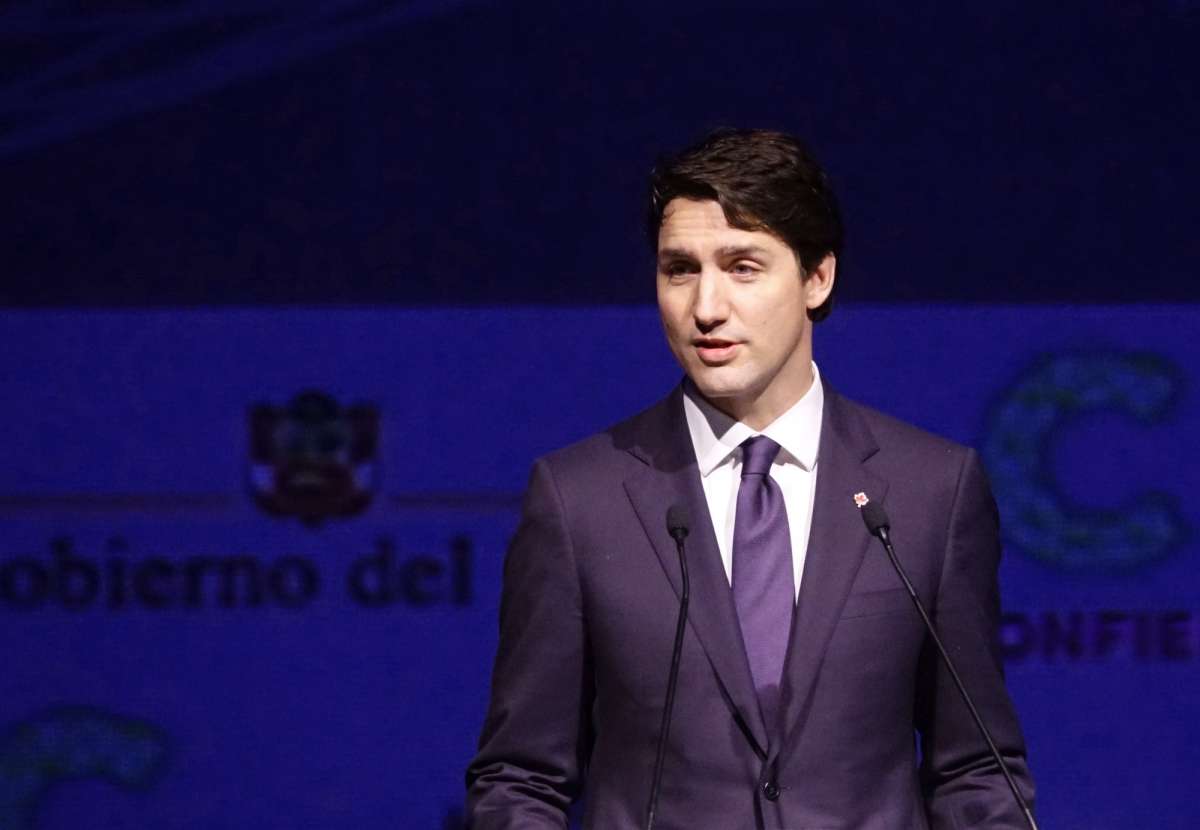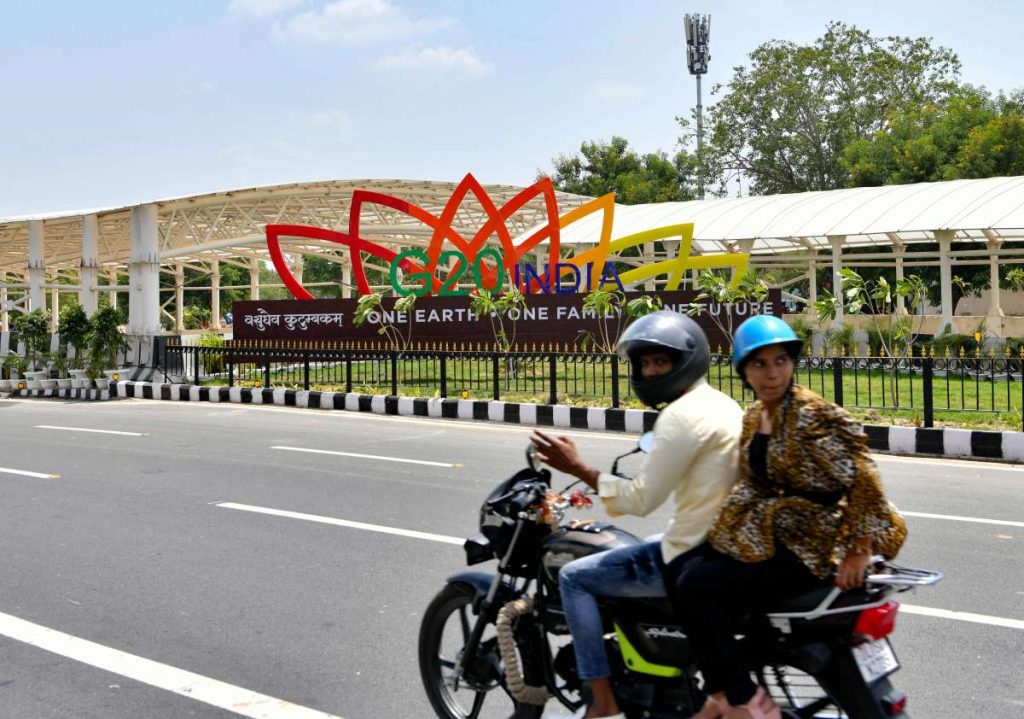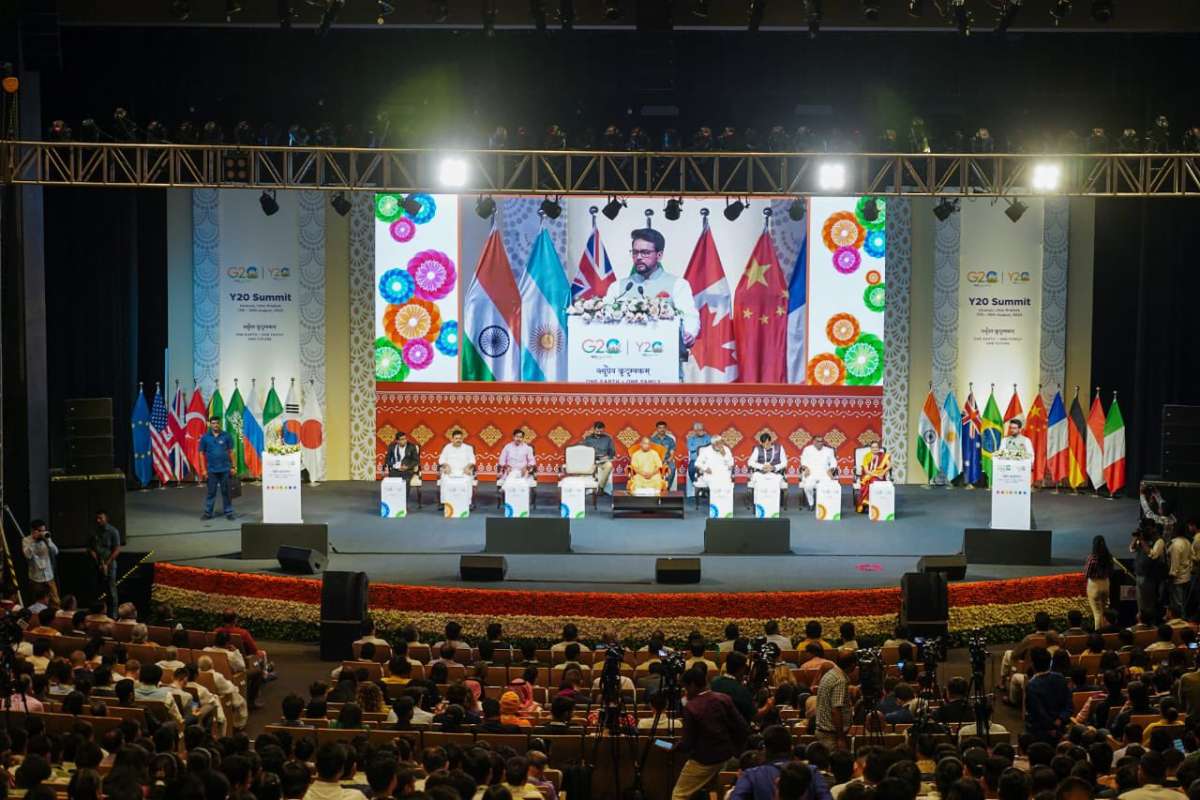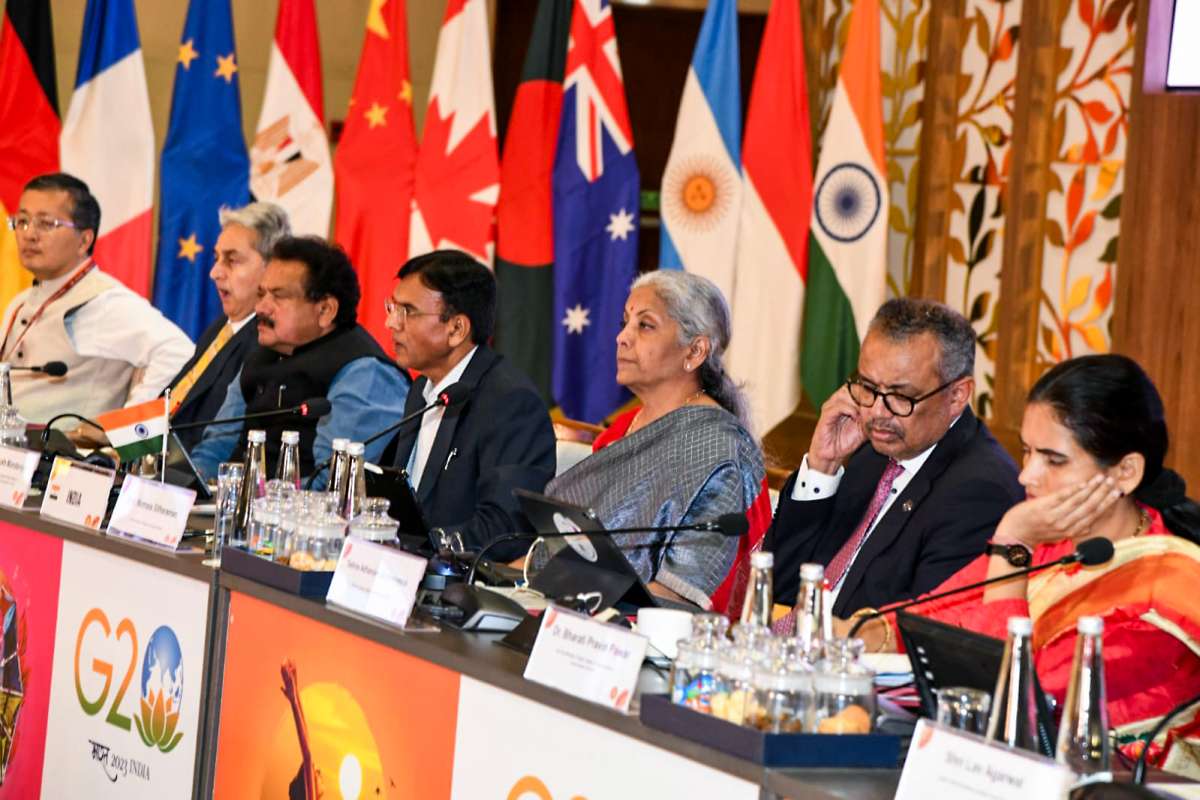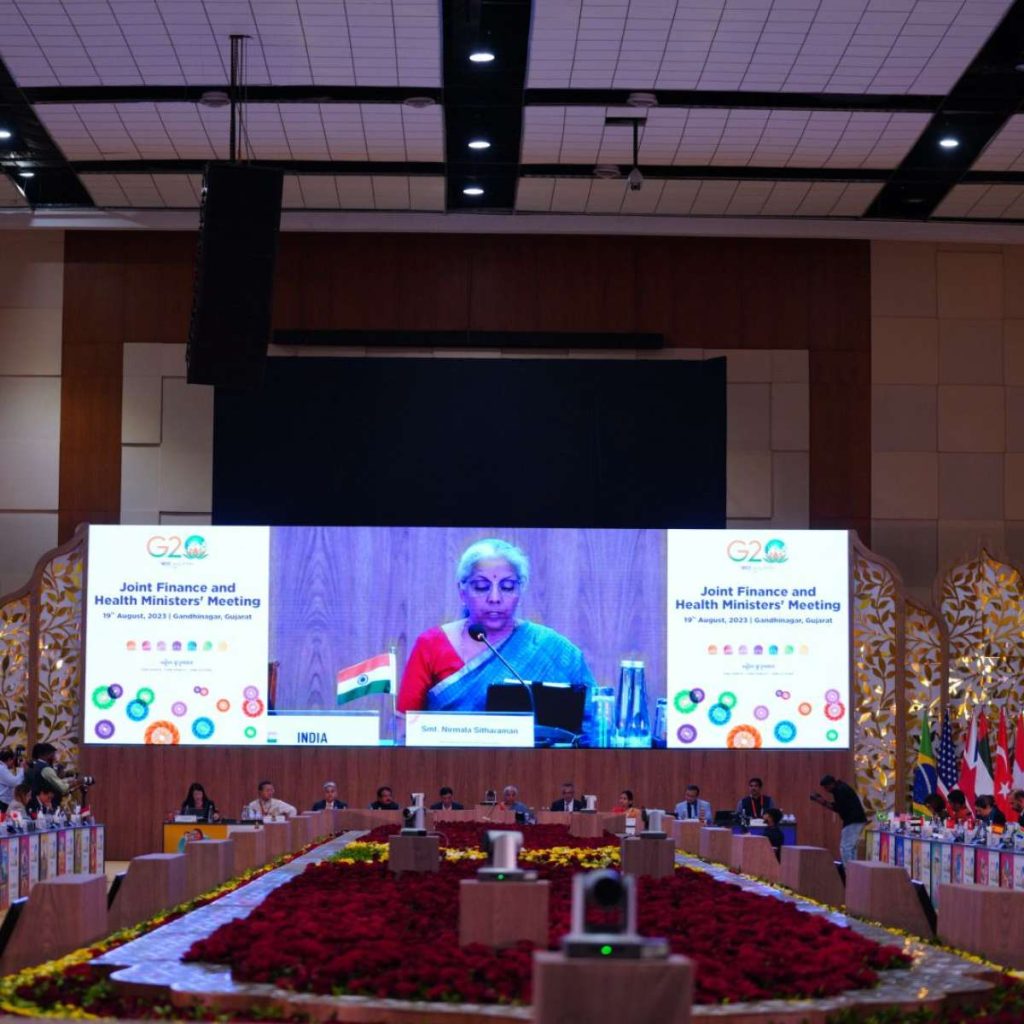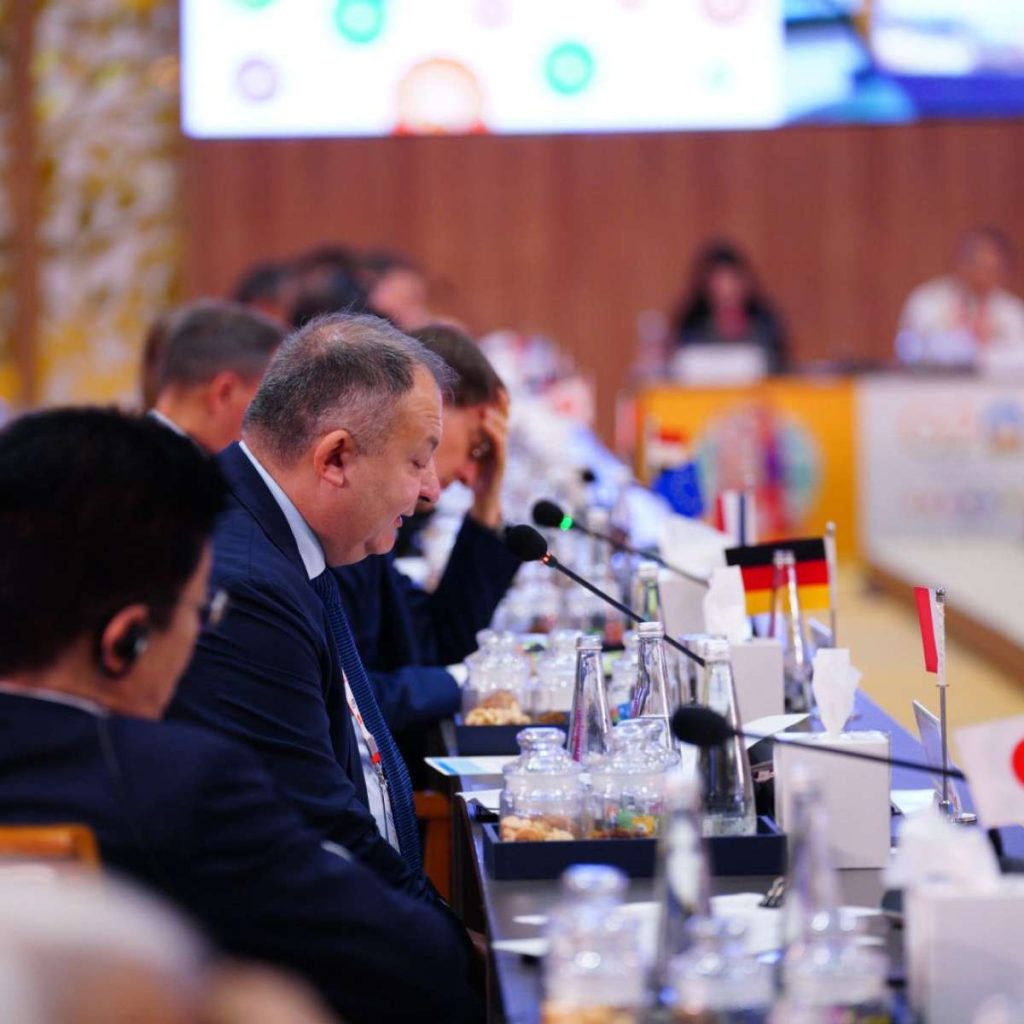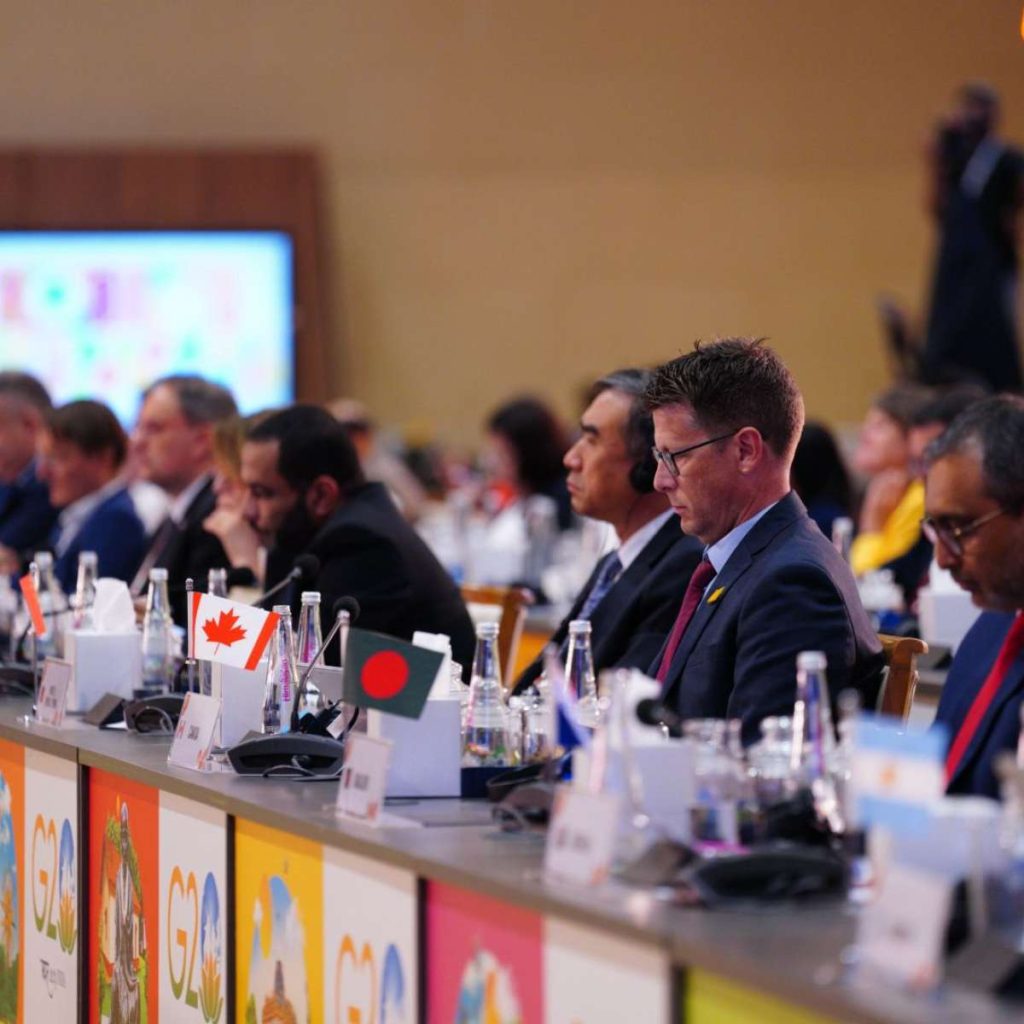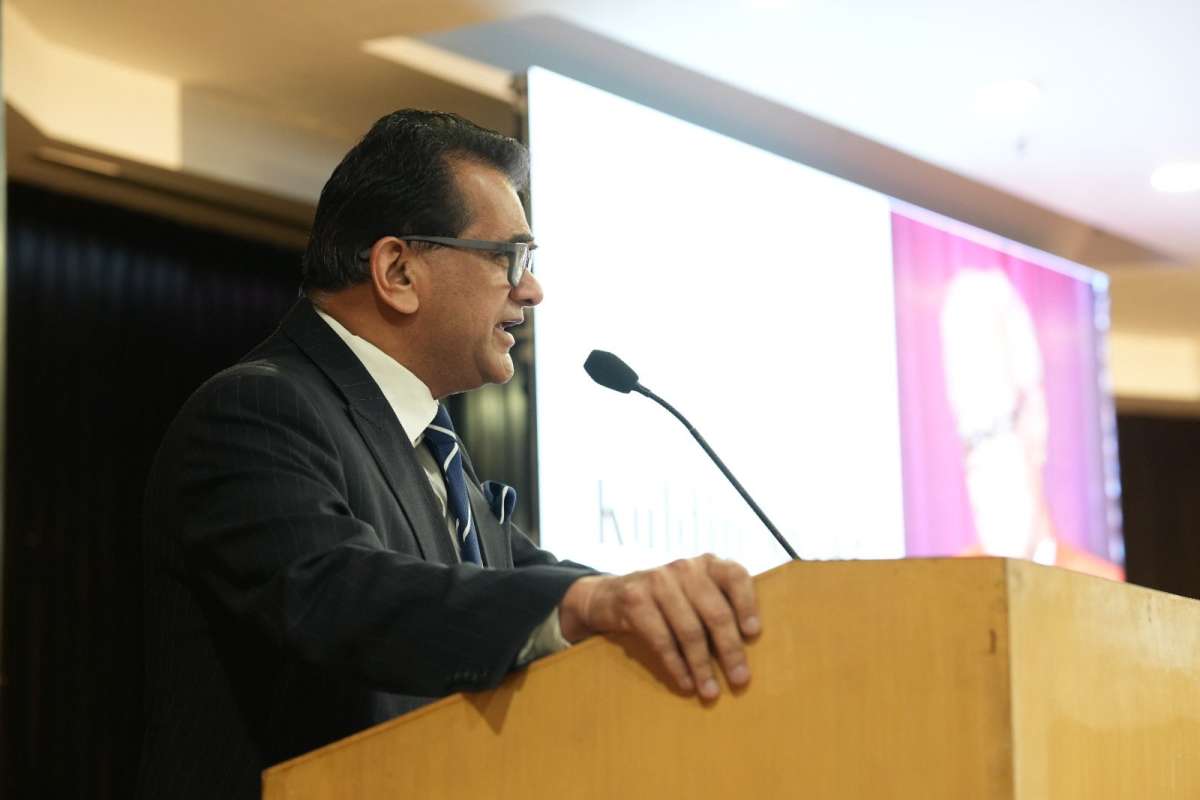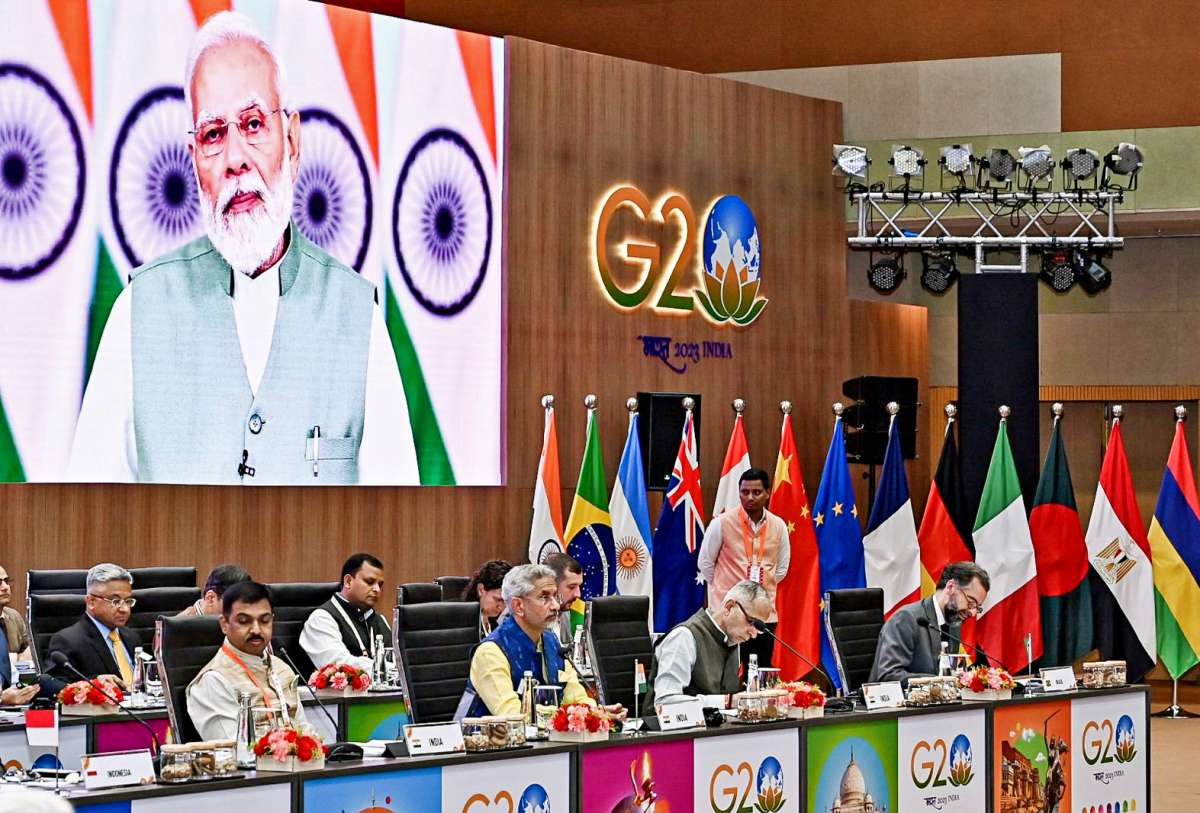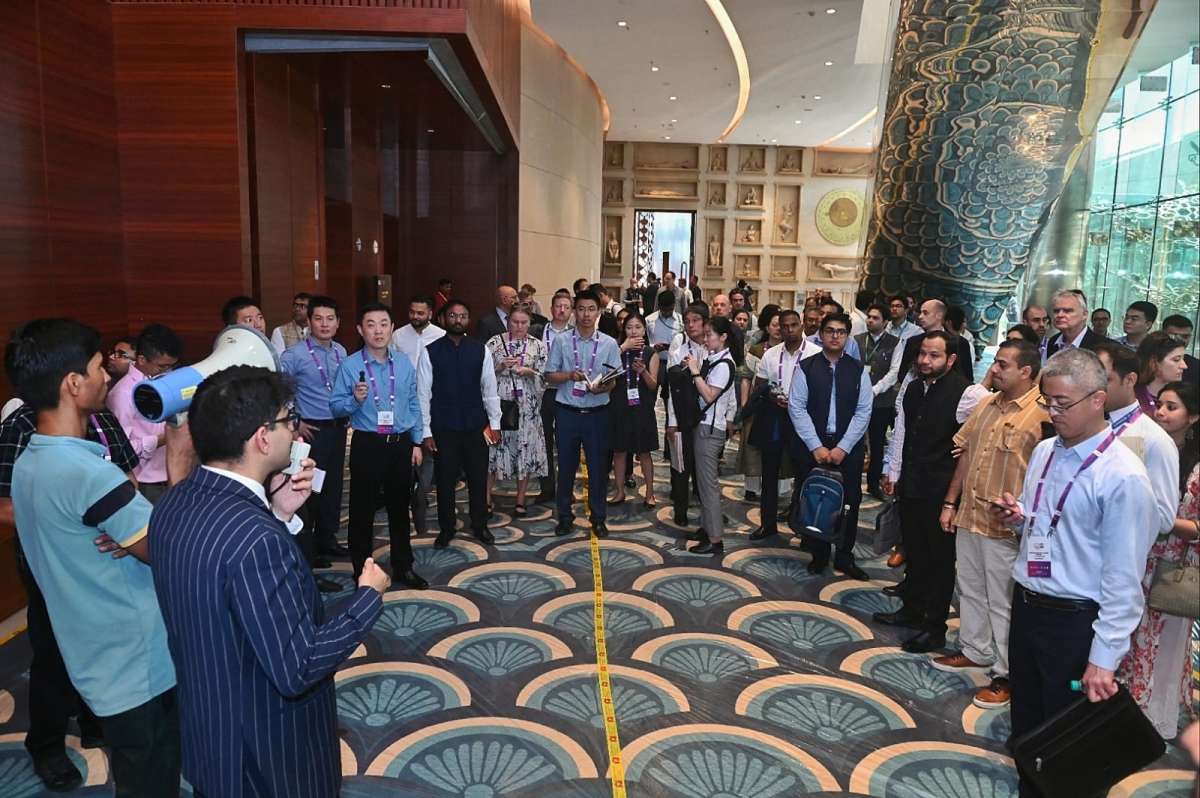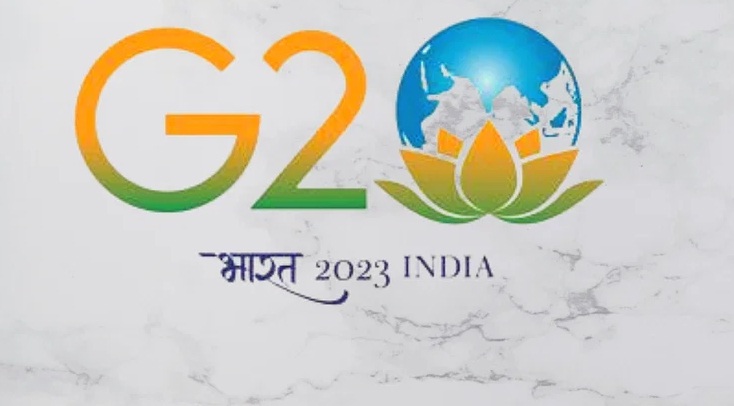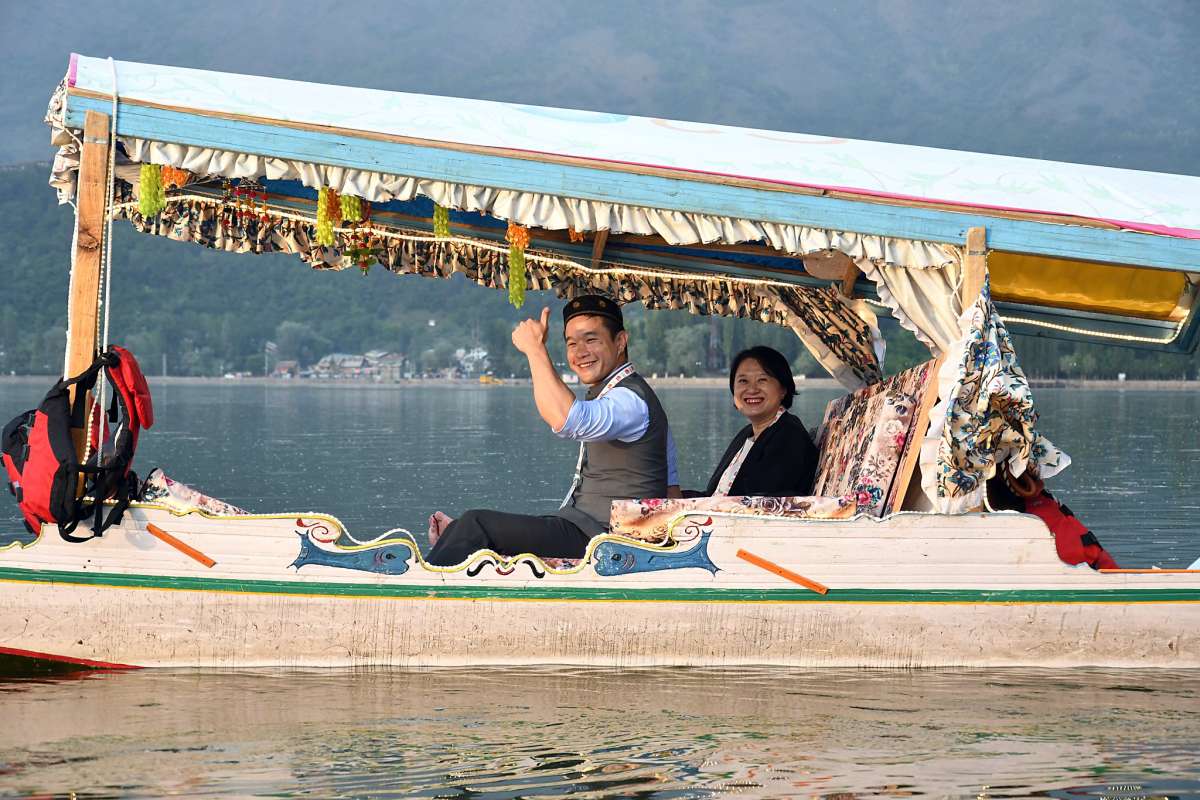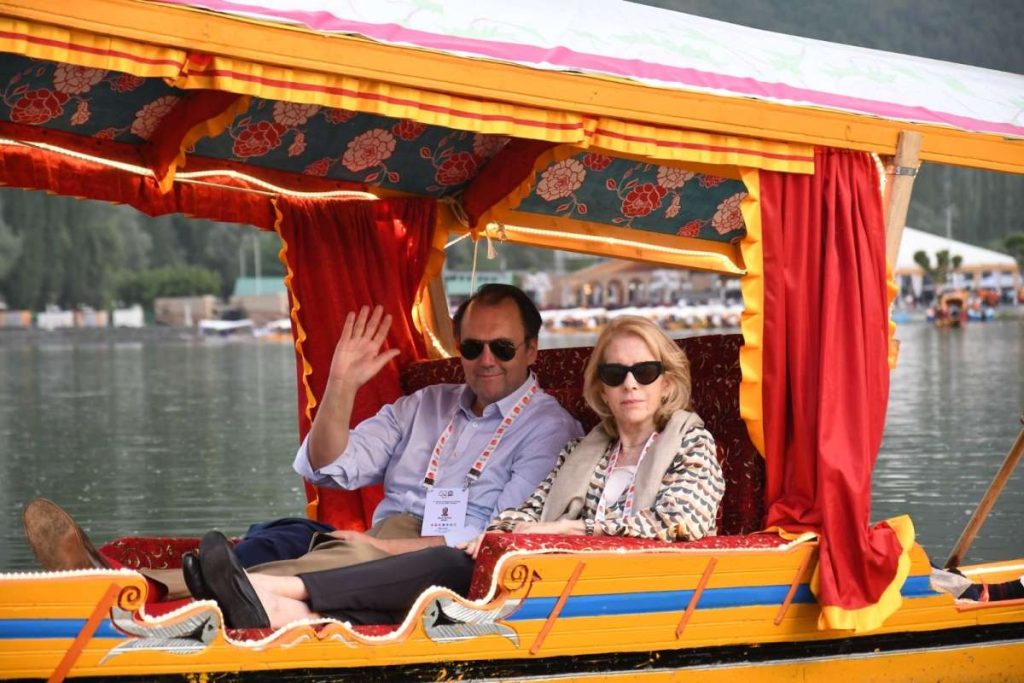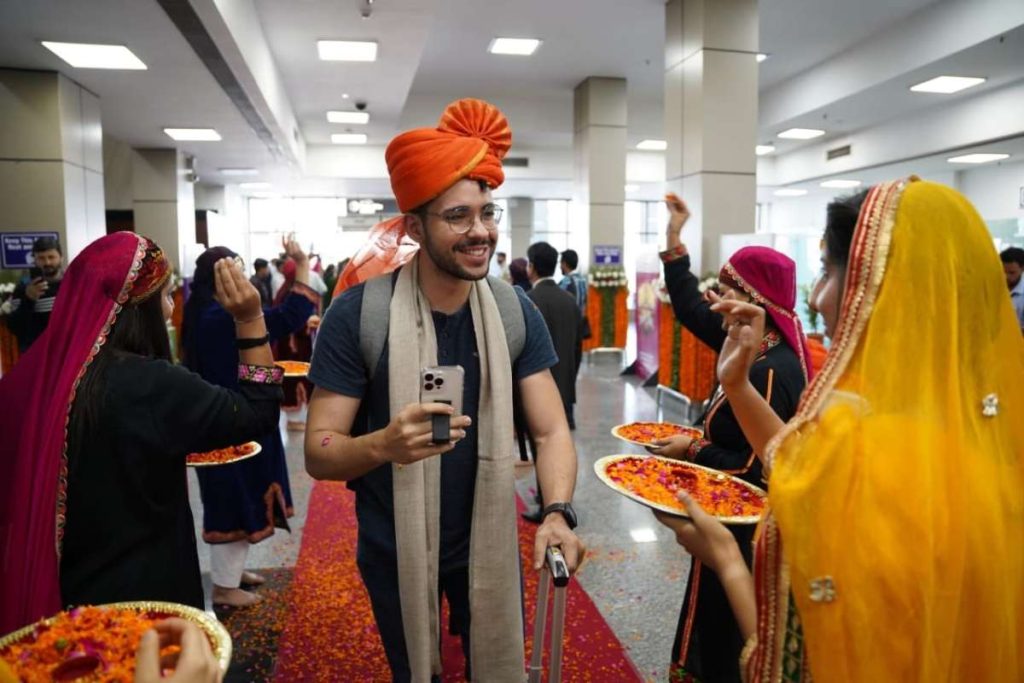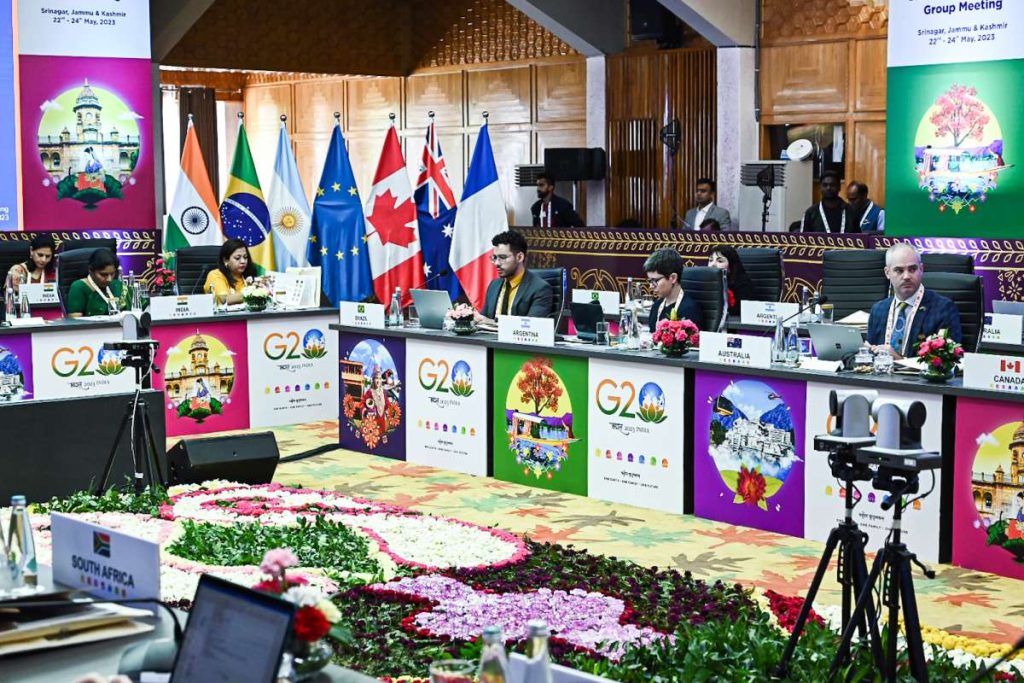The Bomb Squad of the National Security Guard (NSG) on Saturday conducted an anti-sabotage sweep at different locations in the national capital ahead of the G20 Summit.
The Delhi Police conducted comprehensive dress rehearsals for the upcoming G20 Summit on Saturday.
They oversaw the procession of caravans from various parts of the national capital towards the New Delhi district.
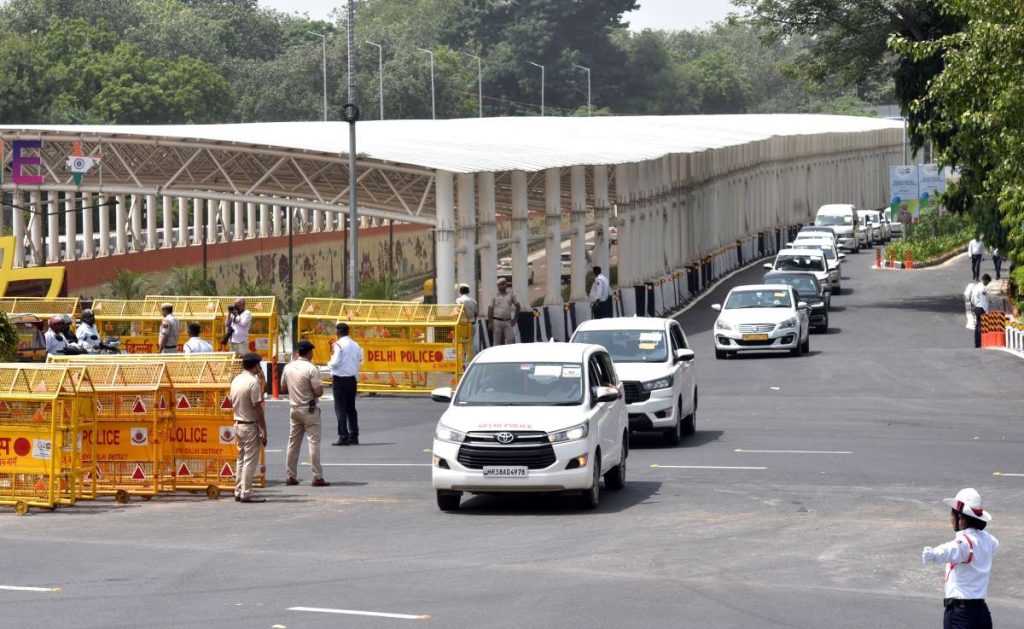
The rehearsal session began at 8:30 a.m and continued till 12 p.m.
Further rehearsals were also scheduled for 4:30 p.m to 6 p.m, and 7 p.m to 11 p.m.
Commuters were strongly encouraged to utilize the metro services due to expected traffic disruptions.
Throughout the carcade rehearsals, traffic restrictions will be in place at several key locations, including Sardar Patel Marg-Panchsheel Marg, Sardar Patel Marg–Kautilya Marg, Gol Methi roundabout, Mansingh Road roundabout, C-Hexagon, Mathura Road, Zakir Hussain Marg-Subramaniam Bharti Marg, Bhairon Marg-Ring Road, Satya Marg/Shantipath roundabout,
Janpath–Kartavyapath, Barakhamba Road red light, Tolstoy Marg, and Vivekanand Marg, among others, according to officials.
The traffic police said that passengers going towards railway stations will be able to use their private vehicles, Auto-rickshaws, taxis for travelling to New Delhi railway station and Old Delhi railway station.
However, in case of road journeys they may face some congestion and consequent delays. Therefore, they are advised to keep sufficient time at hand. For easier and more convenient access to railway stations passengers are advised to make maximum use of Metro services,” they said.
The traffic advisory further advised that passengers going towards the airport are advised to make maximum use of Metro services, especially the Airport Express Line connecting New Delhi Station to Dwarka Sector 21 Station via IGI Airport T3.
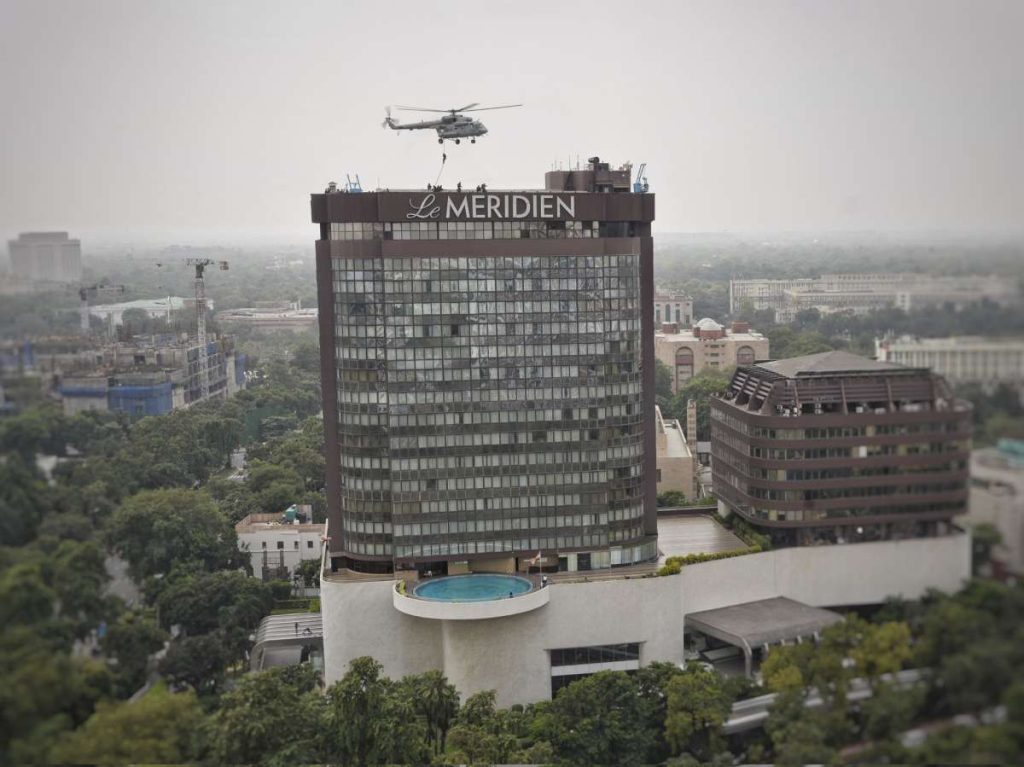
“City Bus Services will not be affected at large. However, they may be diverted from certain road stretches in New Delhi District depending upon the real time traffic situation,” it said.
“Motorists are requested to have patience, observe traffic rules & road discipline and follow directions of Traffic Police personnel deployed at all intersections. People are also requested to plan their journey in advance with sufficient time at hand to avoid inconvenience,” it added.
BOMB SQUAD’S ANTI-SABOTAGE CHECKS
The Bomb Squad of the National Security Guard (NSG) on Saturday conducted an anti-sabotage sweep at different locations in the national capital ahead of the G20 Summit.
Earlier, on Saturday, Delhi Traffic Police conducted another full dress rehearsal as part of its preparations for the upcoming G20 Summit in the national capital on September 9 and 10.
The two-day summit will draw leaders and delegates from 40 countries, including the 20 member states.
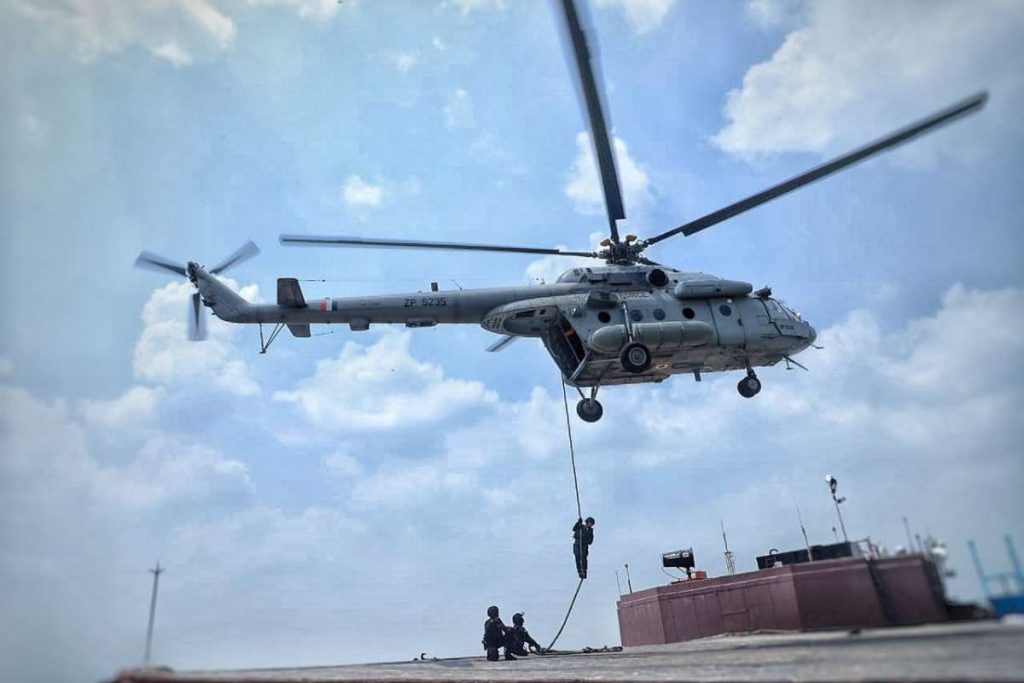
The carcade rehearsals were carried out in the Pragati Maidan area of the national capital where the global event will be hosted next month, officials said.
Speaking to ANI on Saturday, Special Commissioner Of Delhi Traffic Police, SS Yadav said, “We have shared the travel guidelines with all the media houses. Newspapers have also published our releases and necessary information is also being shared on our social media handles. The focus is to ensure that the impact on the movement of traffic is kept at a minimum.”
The G20 Summit is set to be hosted at the state-of-the-art Bharat Mandapam Convention Centre at Pragati Maidan.
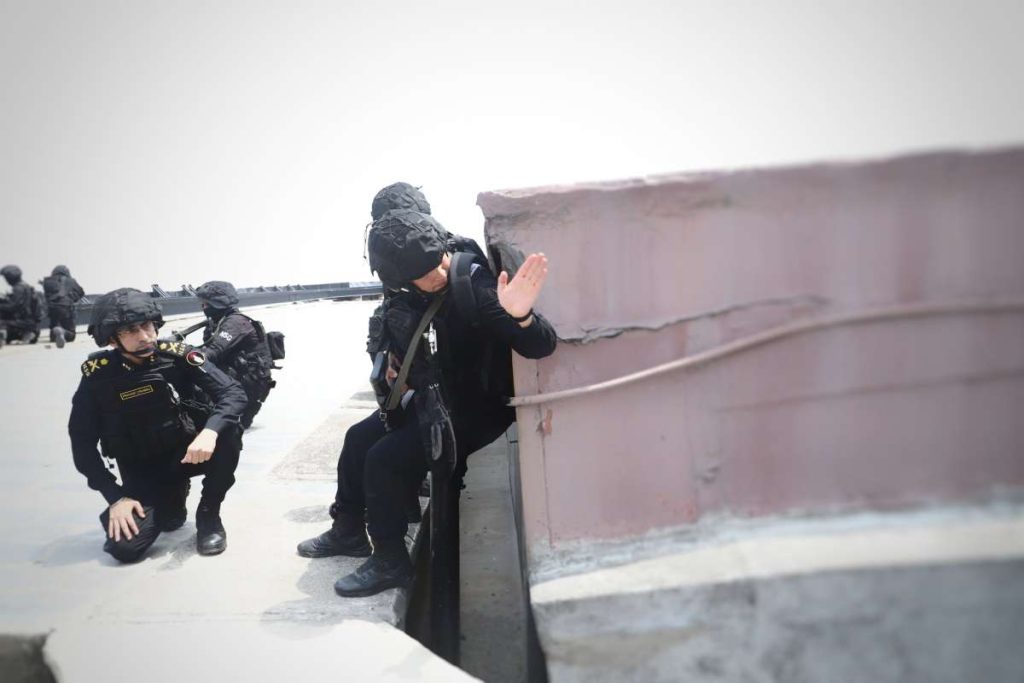
Earlier, on August 23, Delhi traffic police authorities carried out a full-dress rehearsal on selected routes.
Delhi Police, which started its preparations for the G20 Summit in earnest a few months ago, has been training personnel who are to be deployed at various locations ahead of and during the big-ticket summit.
The personnel are also being trained to deal with the fallout of possible hazards, including the use of chemical and biological weapons, and have been asked to focus on their soft skills. (ANI)
ALSO READ: Pakistani-Chinese Lobby Push Propaganda Ahead Of G20 Summit

